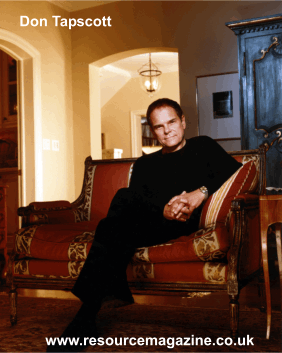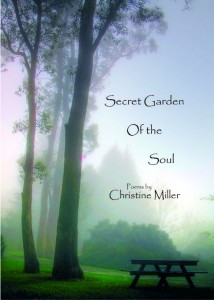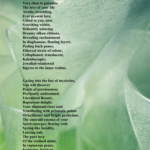Valentine’s Fun & Romance on Twitter
Hallmark Cards are running a great competition, of which I’m really delighted to be a judge, where you can win a £500 holiday – simply by composing a 140 character Valentine’s message – your verse can be any style you like – funny,witty, romantic, serious, light-hearted….whatever best captures the thoughts and sentiments you want to express to your Valentine. You can find out more here: Hallmark
Get your entry in by January 29th for a chance to win a £500 holiday for two in a romantic cottage…..
Shortly, I’ll be posting some tips on writing poetry to help you be inspired.










